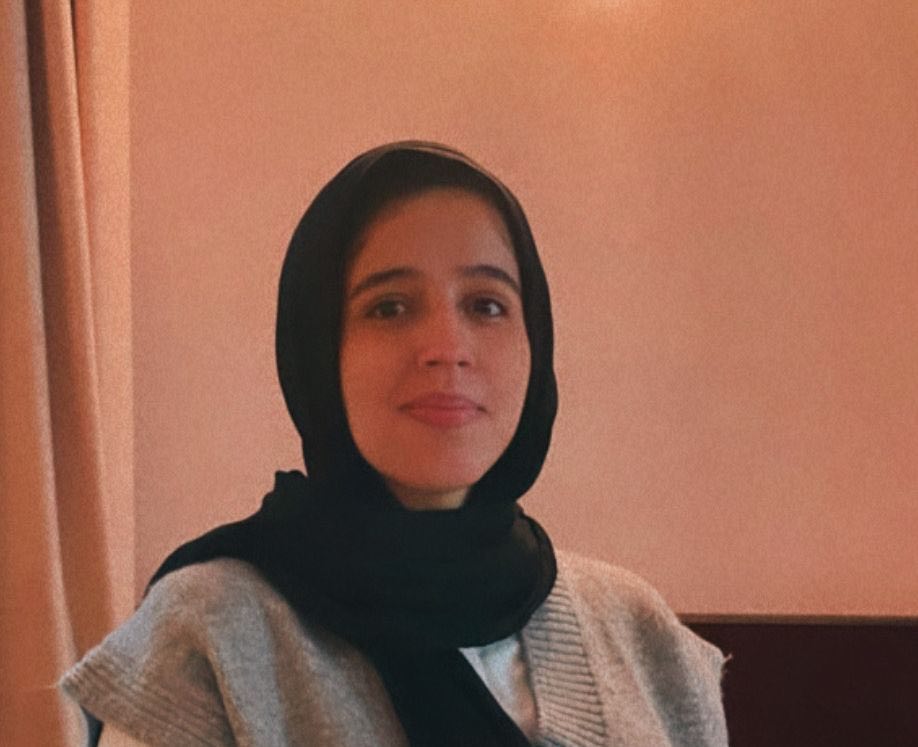
Many communities have lived in Libya throughout history. Among these communities is the Maltese community. They were established in Tripoli in the early 1800s, having lived there for nearly two centuries. They were undergoing and bearing witness to periods of the different dominations from the Turkish to the Italian, followed by the British until we come to the day of the coup d’etat conducted by Gaddafi in 1969.
The Maltese Community consists of merchants, shopkeepers, builders, bakers, fishers, and carpenters. The merchants reached out into several fields, going as far as the most remote villages. Following the caravans with their horses. Others sailed on ships, exporting purebred Arab horses to Italy and importing utensils and provisions. They imported seeds and other goods; others conducted their affairs within and in the outskirts of the city’s walls. ‘Tripolitani’ or ‘Tripolini’ is used to describe foreigners. However, it includes all European descendants and not just the Maltese.
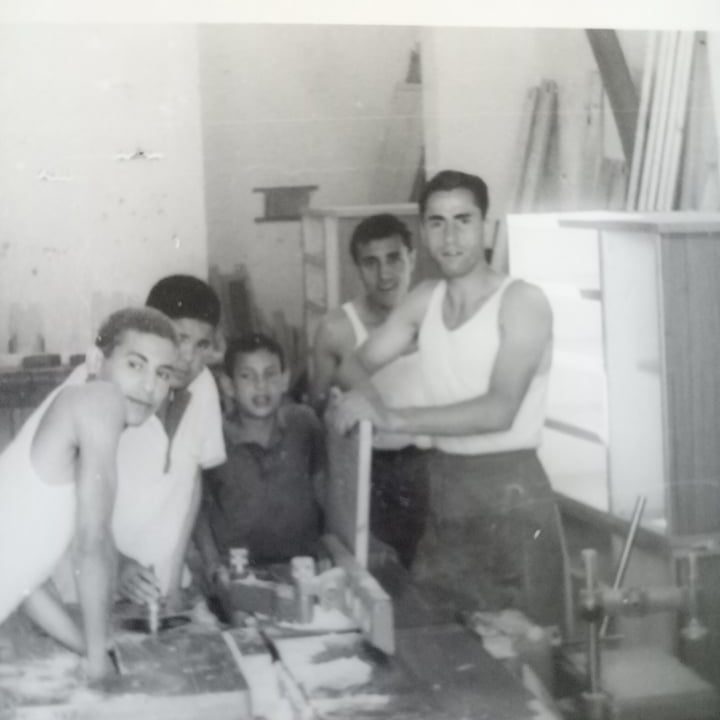
We have heard many stories about Libya’s history. Nonetheless, I am sure many levels remain untold. In this article, I am happy to share the story of a Maltese family, the Azzopardi’s, that I got in touch with him. They once lived in the alleys of Tripoli’s old city.
Get to Know The Azzopardi’s
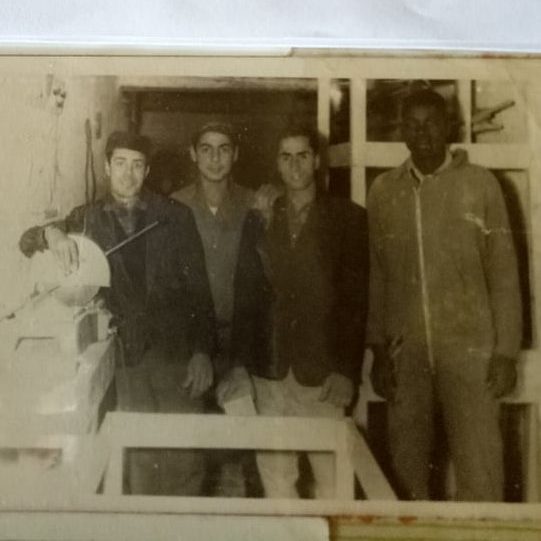
Mr. Eric Azzopardi, a Maltese born in the old city of Tripoli in 1947, remembers his memories vividly in Libya. During his time in Tripoli, he moved to the Four Pillars Alley near the Turkish market. Mr. Eric said that his family always rented a house, and they never had a home of their own in Tripoli. In 1970, his family migrated to Australia while his sister was already there. His Maltese descendent was born in the old city of Tripoli in Bab Al-Bahar in Zanghet El Francis (The French Alley). With the emergence of the Second World War, the Italian colonization rounded up all the Maltese from Libya and sent them to concentration camps in Italy.
Thus, they lost everything after the Italians lost the war. Then all the Maltese returned to Libya, specifically, to Tripoli. The Maltese descendent had to start from scratch. They received no compensation or pension for what they have lost during the war. Mr. Eric’s father worked as a trader in motor mechanics. He worked for the Lancia and Alfa Romeo Automobiles and the British Army Motor Mechanics.
An Old Generation in The Old City

In addition, Mr. Eric’s grandmother was also born in the old city of Tripoli, during the Ottoman Empire, in 1892. As mentioned above, her generation was born in the old town of Tripoli at Bab Bahr – Zanghett El Francis. In 1964, for example, Mr. Eric worked in trading furniture and carpenter maker.
When I asked why they decided to leave, he said, “We left because we could no longer foresee a future, and a lot of Libyans left Libya at that time.” His family left in September 1970, and he expressed that people changed a lot after the coup of 1969. They could have stayed, but they decided to go for Australia eventually. Many of the Maltese descendants from Libya are currently based there.
During our conversation, I asked Mr. Eric about his feelings for Libya. He replied that he dearly loves Libya because he lived the best years in it. He left behind his best friends and great memories. I also asked him about the best traditions he enjoyed the most, and Mr. Eric said he wanted Eid Al-Fitr and Al-Mawlid. Mr. Eric remembers vividly going every year to watch the police when they shoot the cannon at the end of the Holy Month of Ramadan.
Message to Libyans
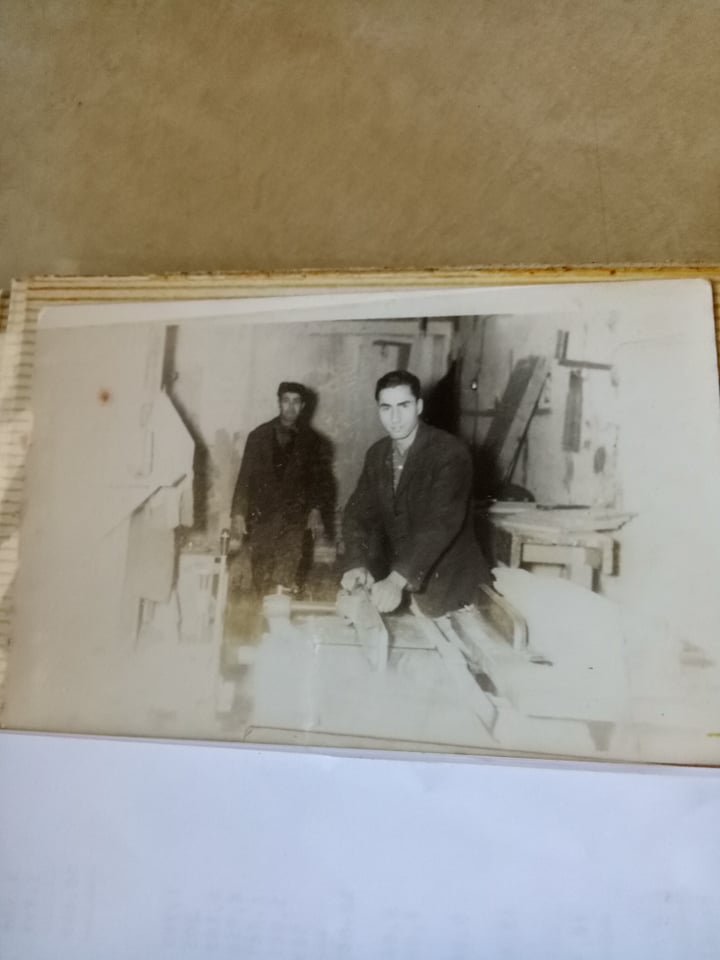
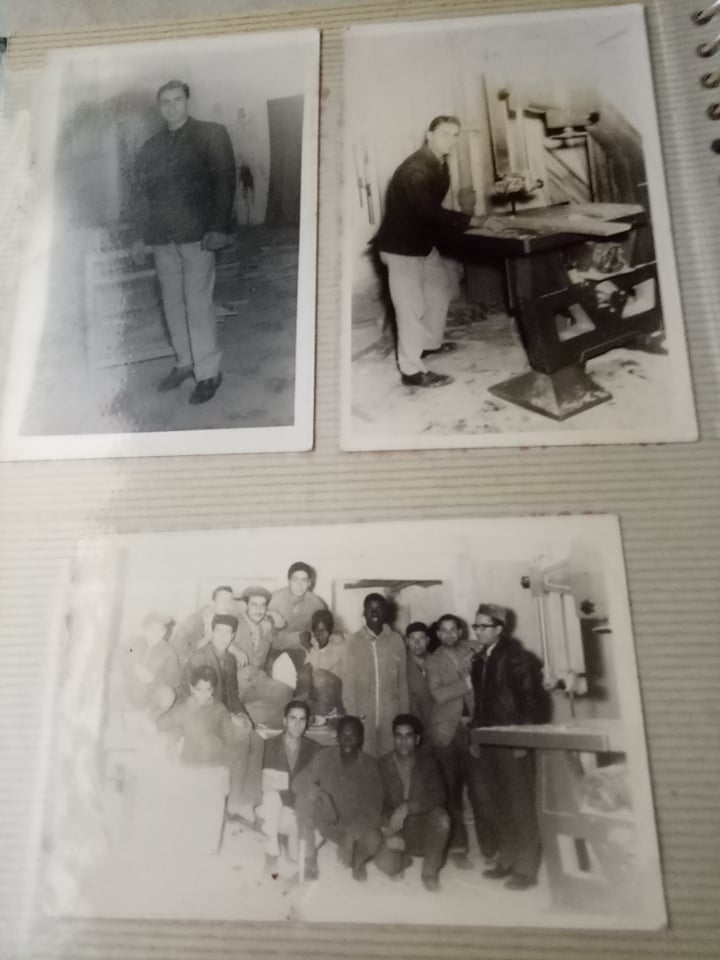
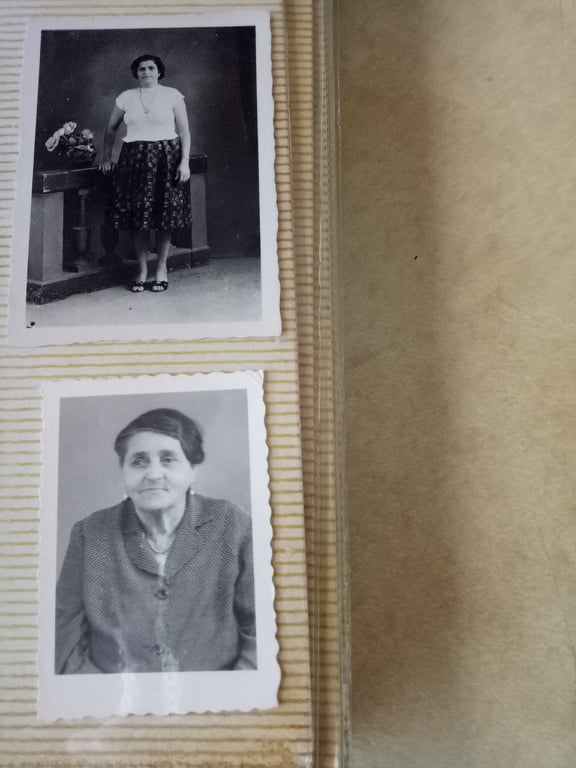
Although years have passed since Mr. Eric and his family left Libya, he never forgot it. He always visited it through family pictures and memories. Luckily, Mr. Eric has found some groups on Facebook linked to the old city of Tripoli. He got the chance to interact in the posts and share his story.
Luckily, he found many members of the families he used to be neighbors in the old town of Tripoli. He remembers when he used to go out with his neighbors and play football—never forgetting the hospitality of his neighbors. He explained that they used to give them everything from food to tools. For example, he still remembers the delicious Libyan food such as Rishta Burma with dried meat, the Libyan Couscous, and even Asida. Finally, he still remembers the Ghellali, Al Khoja, Gargoum, Zaghalai, and Gana among the Libyan families.
Talking with Mr. Eric and understanding his family’s unique experience and upbringing in Libya are special memories. However, this still makes the wonder of all the other families that we haven’t heard of yet. There is so much yet to discover about my home country, Libya. I hope we know more stories from the beautiful past to understand our present better. Special thanks to Mr. Eric Azzopardi for sharing these details and pictures.
